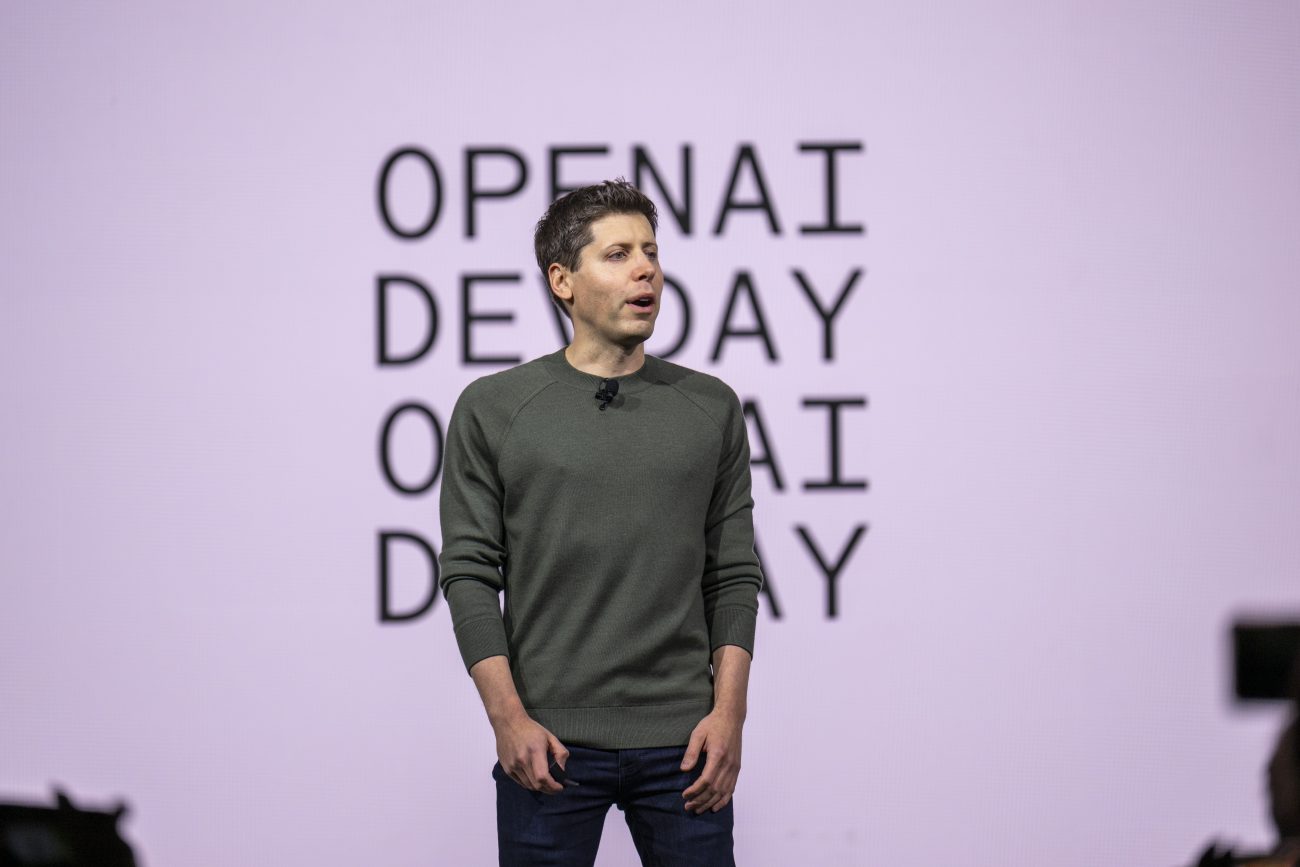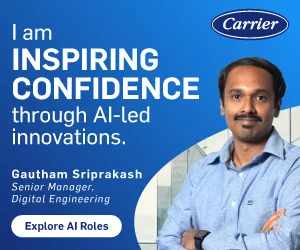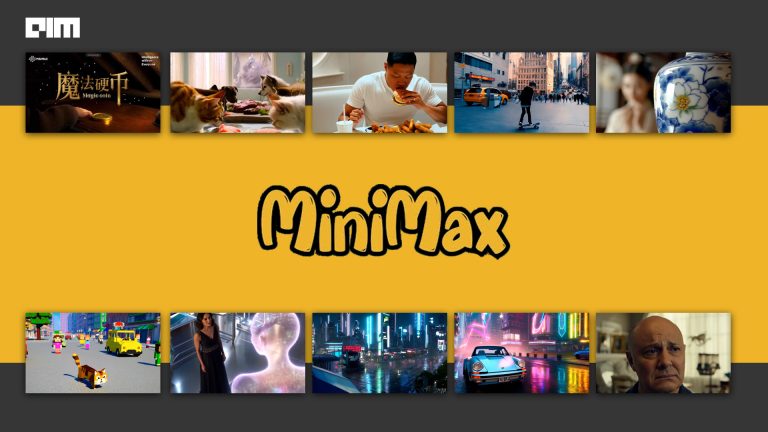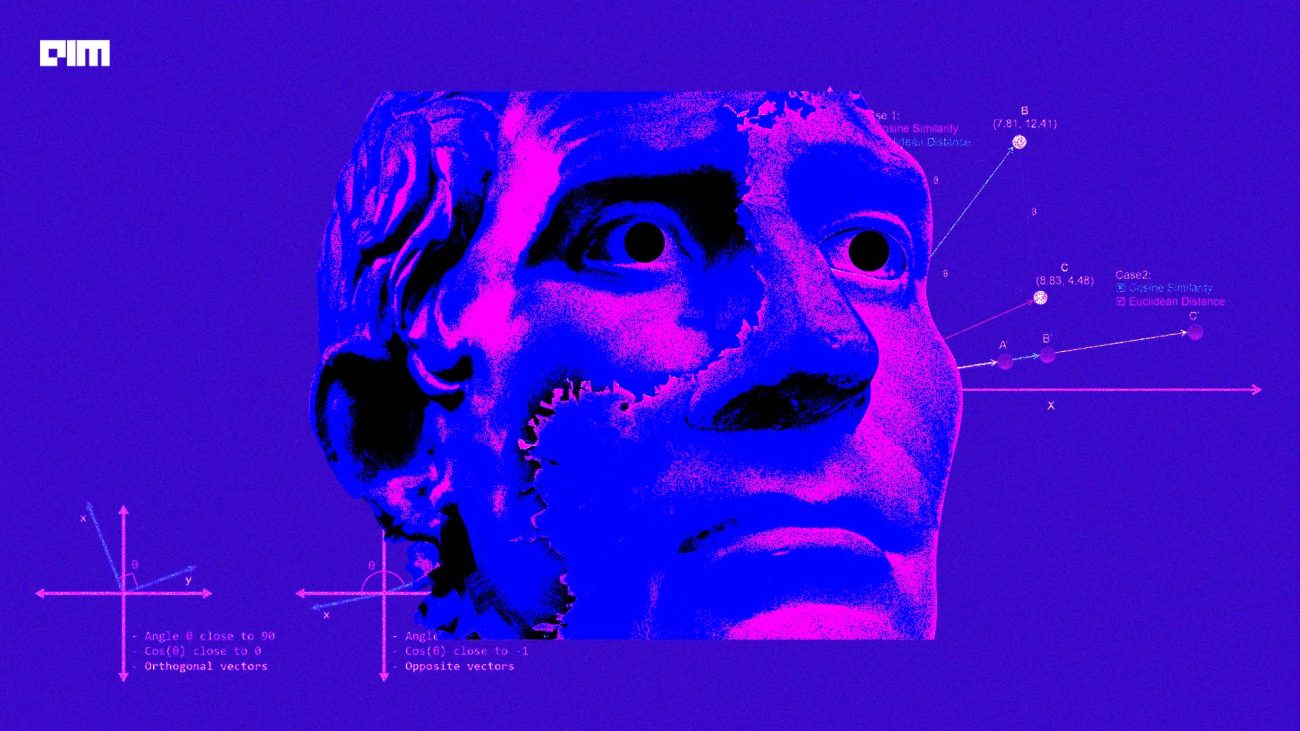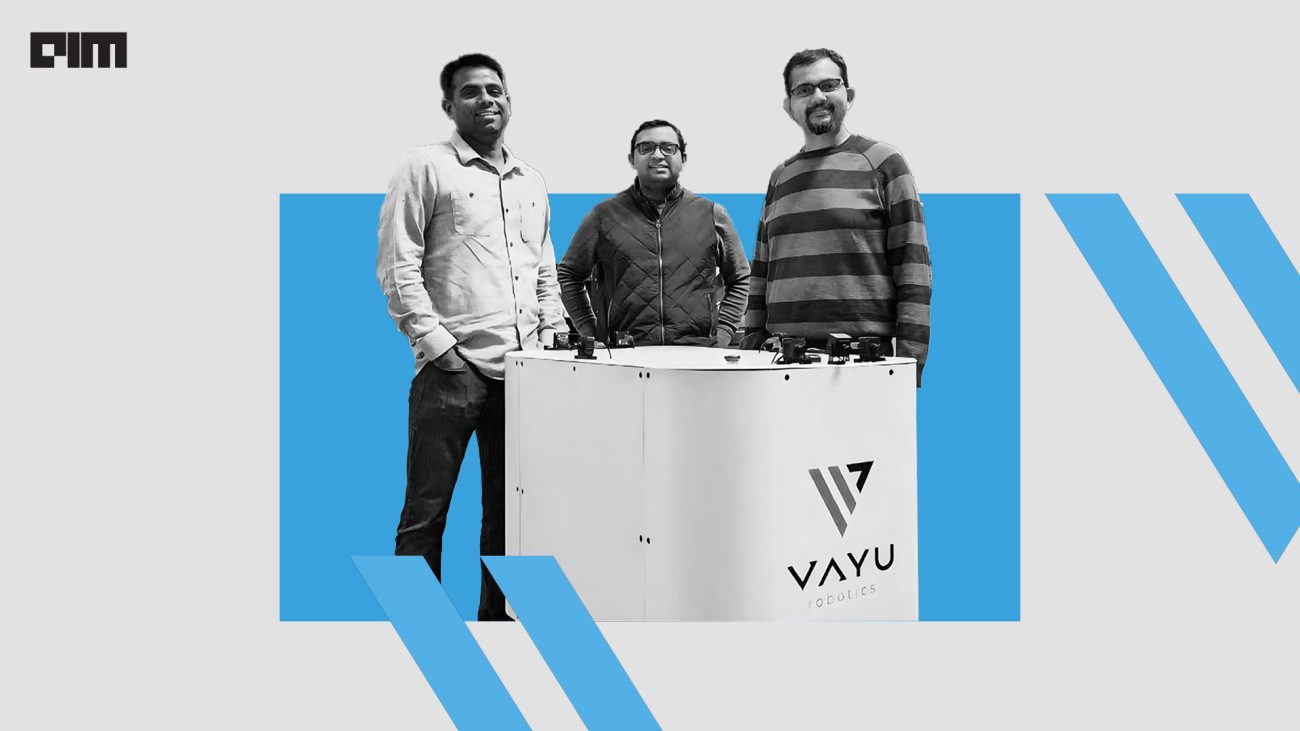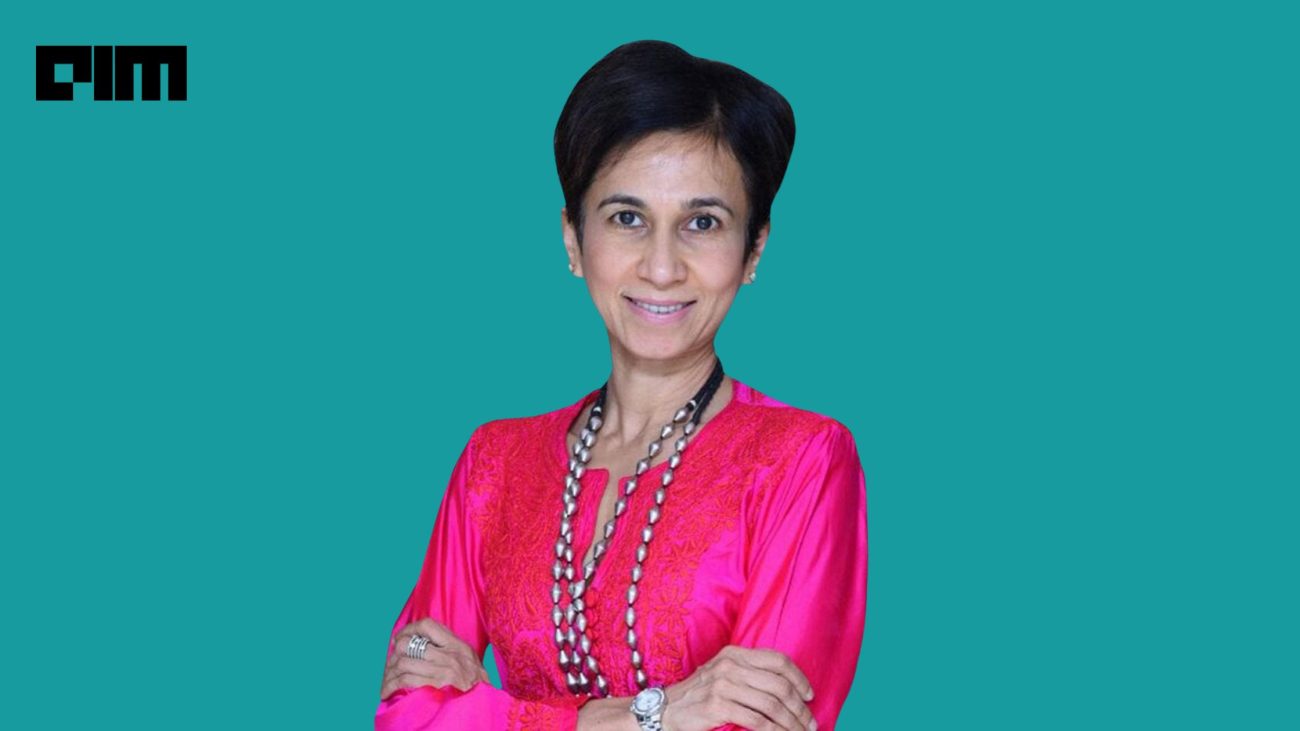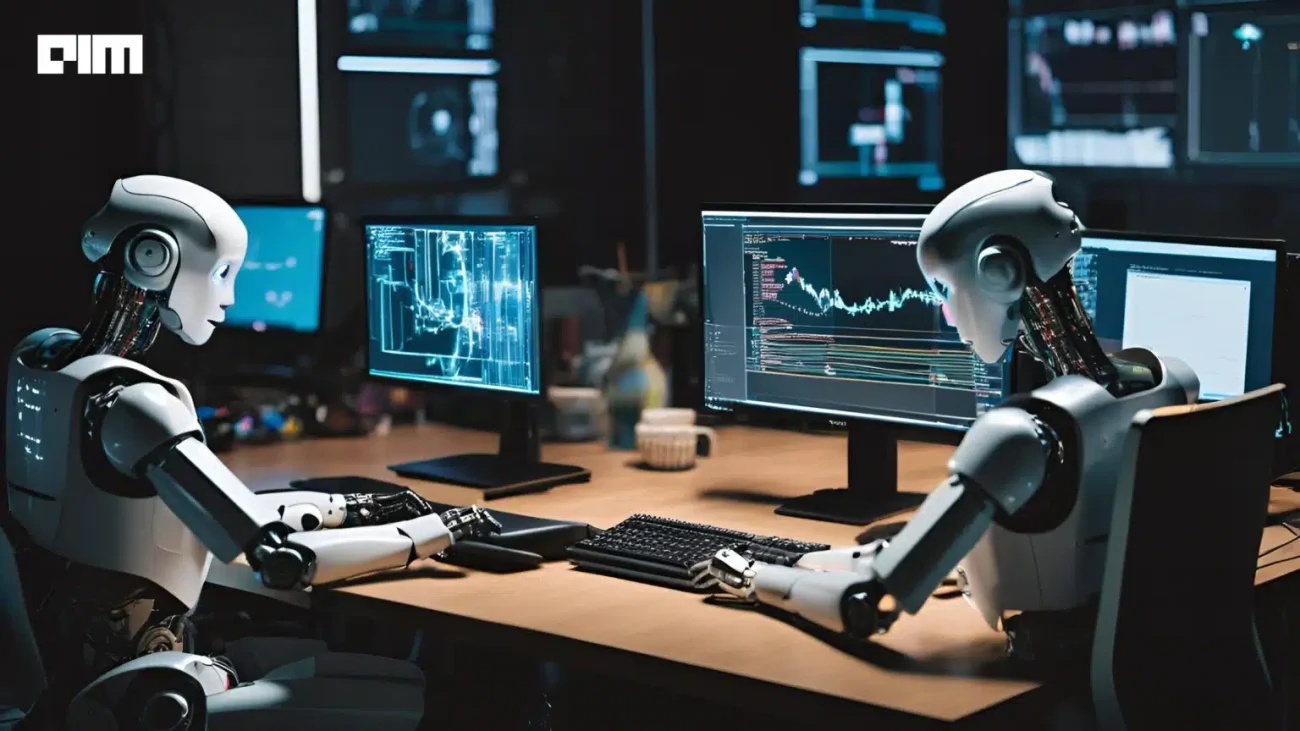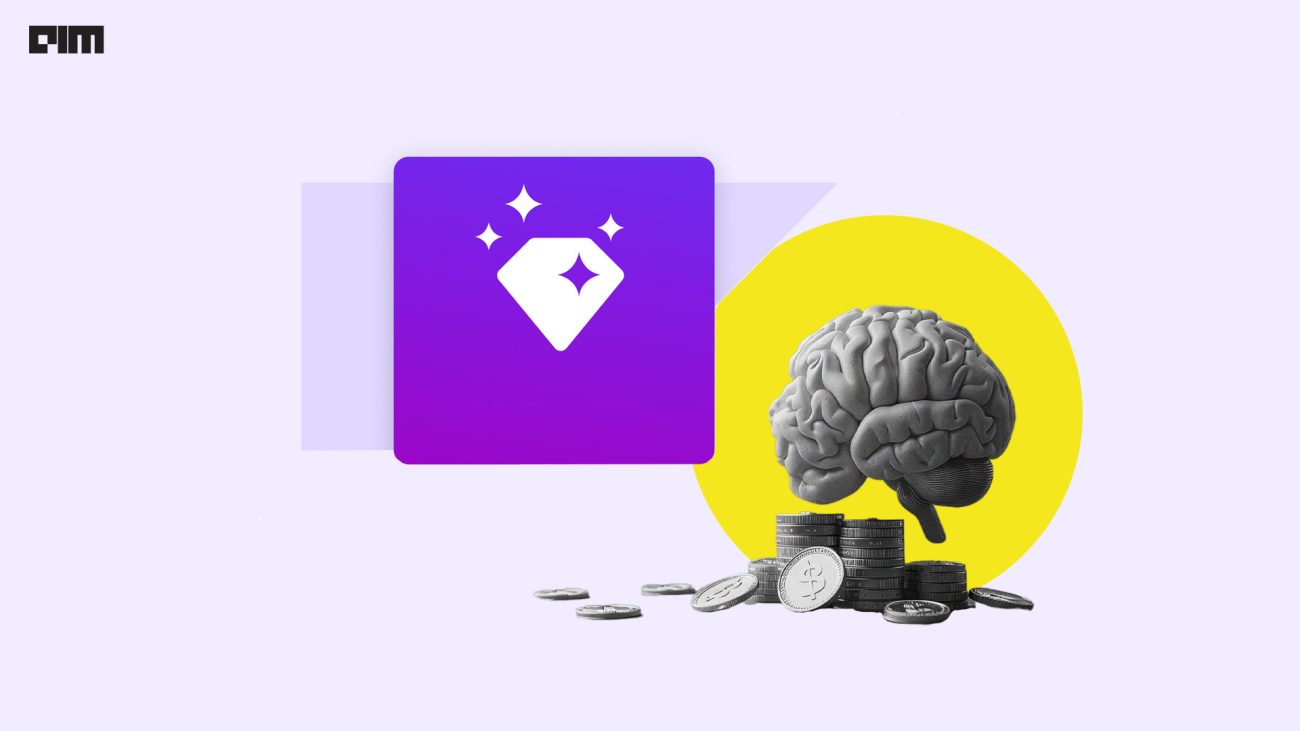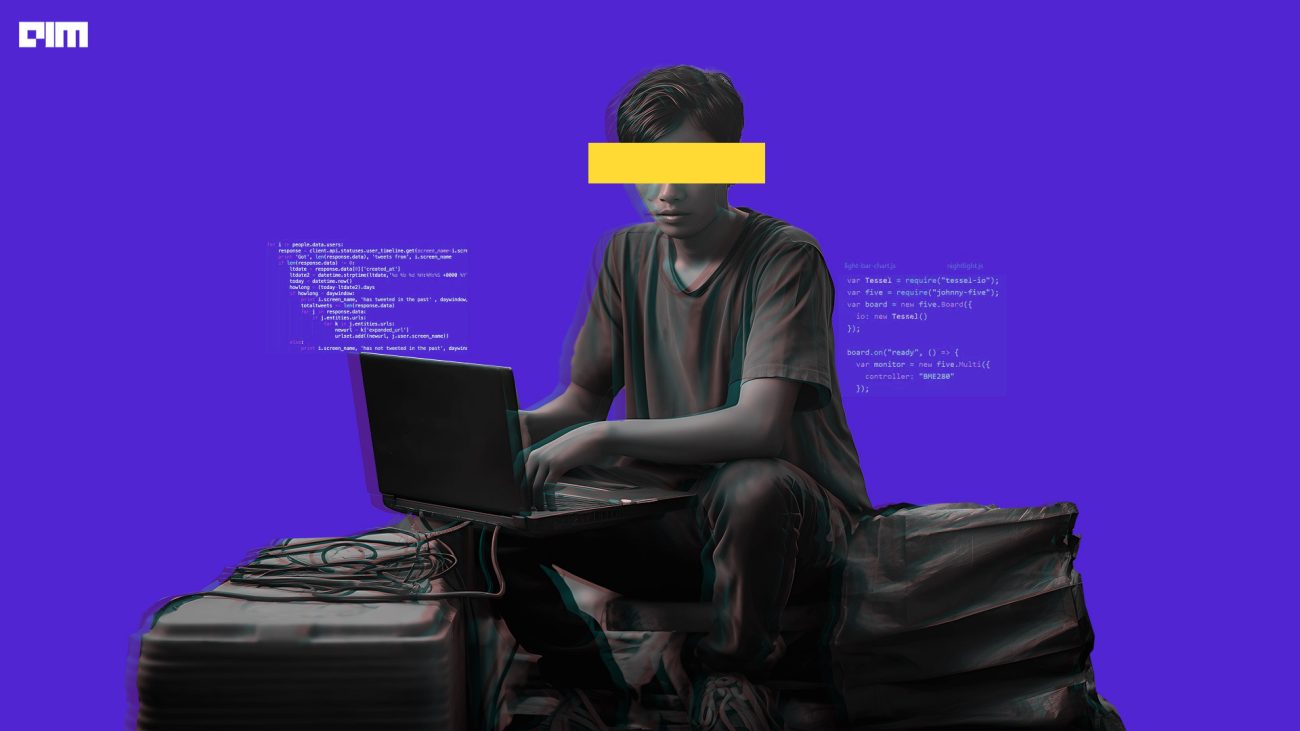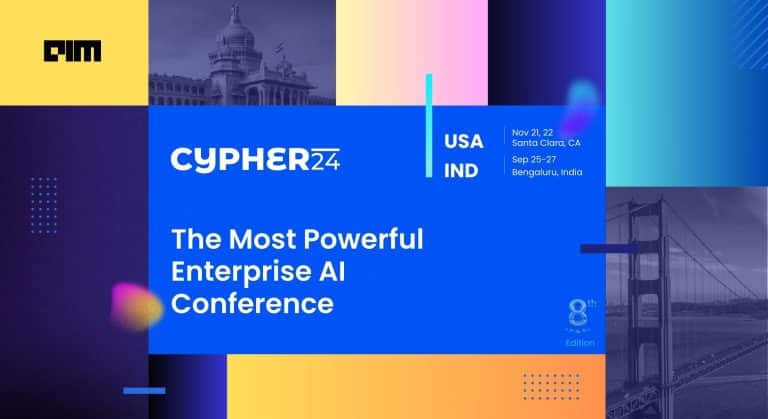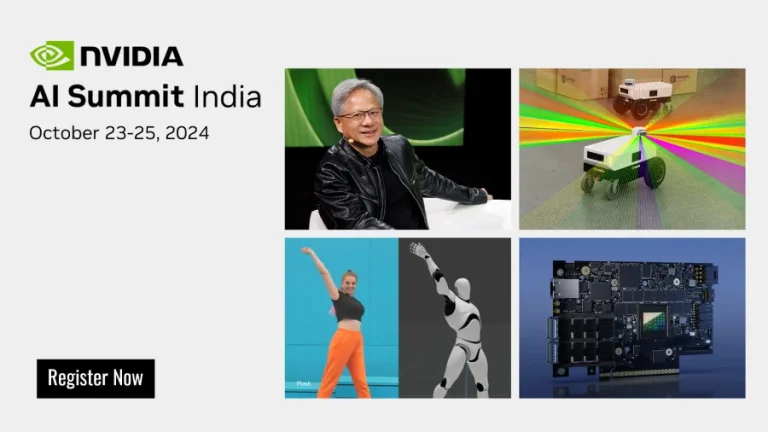|
Listen to this story
|
OpenAI definitely took everyone by surprise with its slew of announcements. At the DevDay, OpenAI’s first-ever developer conference, held in San Francisco, on November 6, 2023, the team introduced GPTs — customised AI agents which can be designed by users for specific purposes. These agents can be created in natural language (no coding skills required), for personal, professional, or public use.
GPTs will allow users to instruct ChatGPT, share knowledge, and define tasks without complex manual input.
Along with this, OpenAI plans to launch the GPT Store for public sharing in the coming months, showcasing verified builders’ creations, which users can easily discover and use to potentially earn money.
Moreover, developers can link GPTs to the real world through APIs for data integration and specific task automation. Businesses can create internal GPTs to streamline processes in various departments, as seen in Amgen and Bain & Company’s successful use cases.
Here’s a glimpse of all the announcements made at OpenAI DevDay 2023.
GPT-4 Turbo with a 128K Context Window
OpenAI introduced GPT-4 Turbo, an upgraded version of GPT-4, that boasts a 128k context window, allowing it to process an equivalent of over 300 pages of text in a single prompt, with knowledge extending up to April 2023.
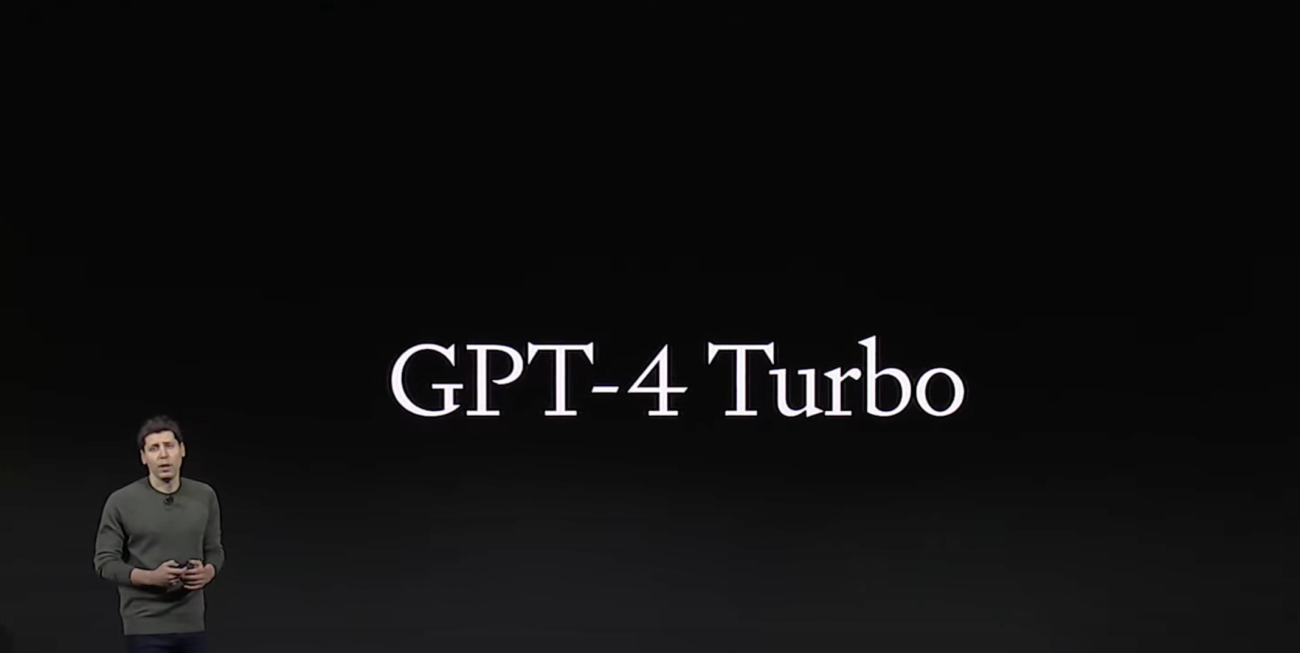
The model offers six significant improvements and comes in two forms: one specialised in text analysis and another proficient in both text and image understanding. Initially available as a preview through an API, OpenAI plans to make both versions widely accessible soon, offering a competitive price of $0.01 per 1,000 input tokens and $0.03 per 1,000 output tokens.
Notably, it is much more cost-effective, being three times cheaper for input tokens and twice as affordable for output tokens compared to GPT-4.
GPT-4 Turbo Vision now also accepts images as inputs within the Chat Completions API, enabling tasks like generating image captions, detailed real-world image analysis, and document reading with figures.
Assistants API, Retrieval, and Code Interpreter
Developers also have Assistants API now, a tool that helps developers create AI-driven assistants for various applications. These assistants can perform specific tasks, leveraging extra knowledge and utilising models and tools.
The API offers features like Code Interpreter and Retrieval, streamlining complex tasks and allowing the development of high-quality AI applications.
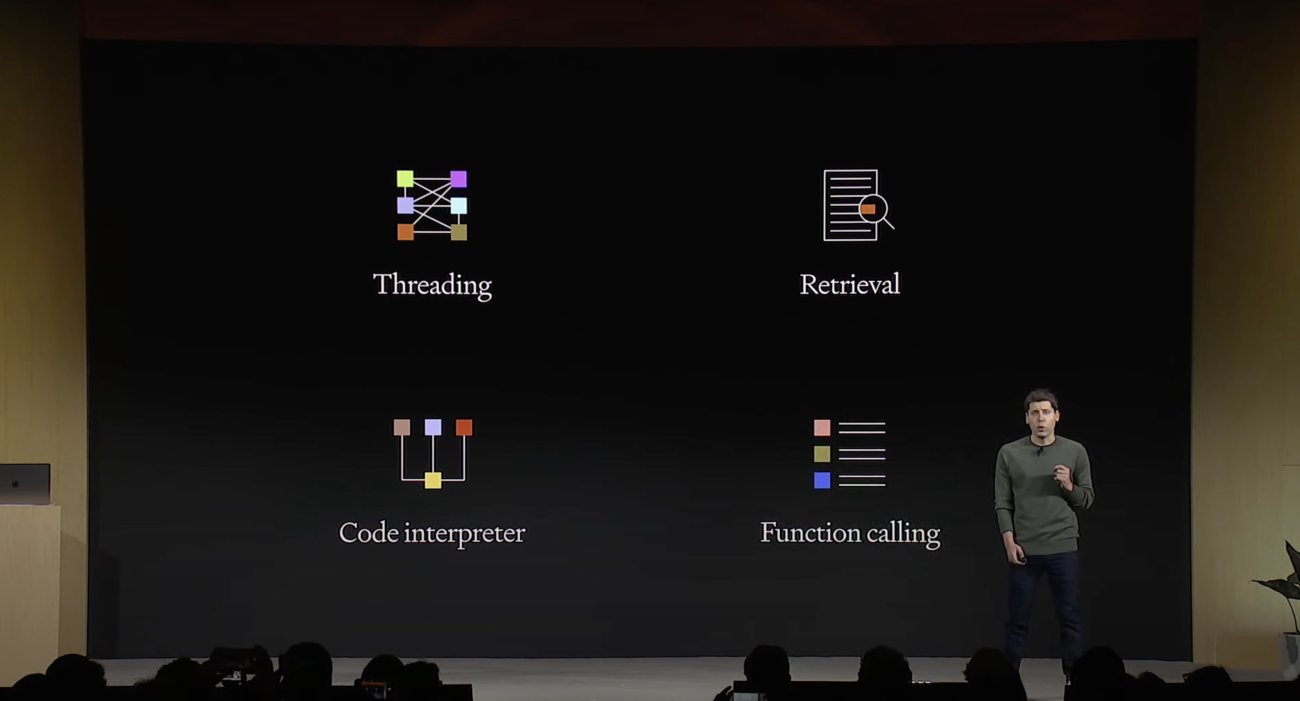
The API also introduces persistent and infinitely long threads, simplifying message handling. Assistants can access tools like Code Interpreter for running Python code, Retrieval for external knowledge, and Function calling to invoke defined functions.
Developers can try the Assistants API beta via the Assistants playground.
DALL·E 3 Integration
DALL·E 3 can be incorporated into various applications and products by developers via OpenAI’s Images API, simply by specifying “DALL·E 3” as the model.
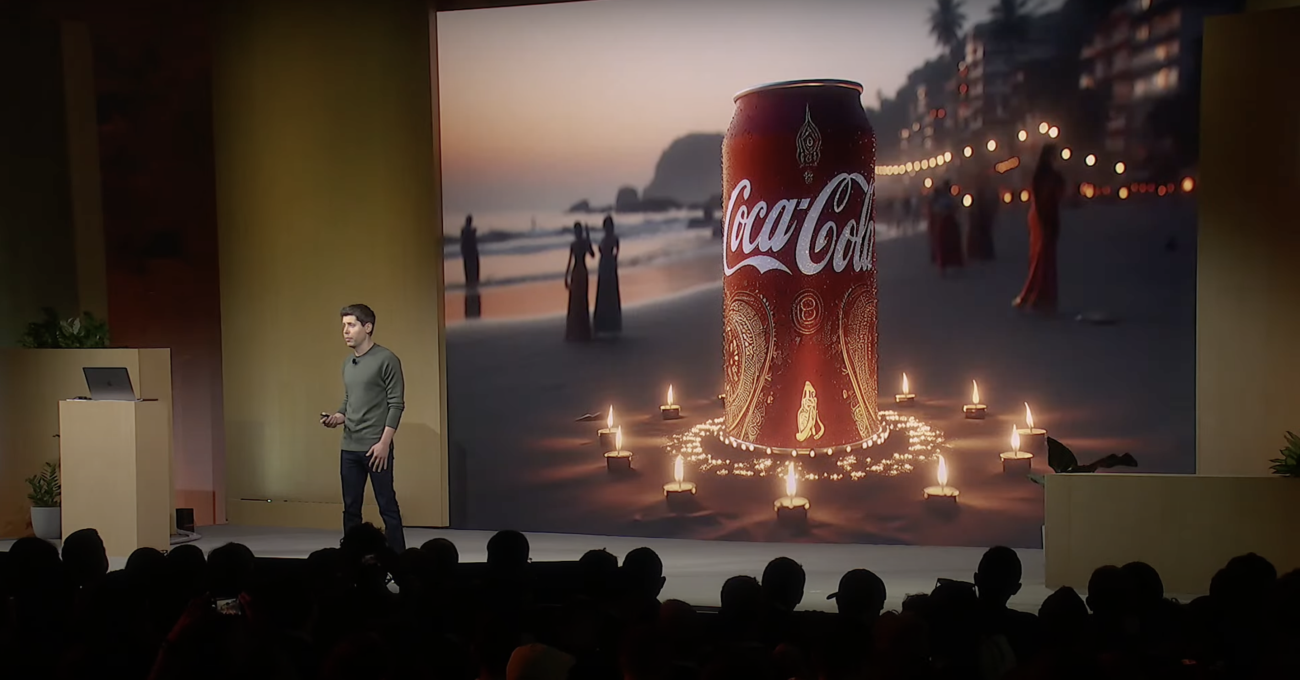
Prominent organisations like Snapchat, Coca-Cola, and Shutterstock have harnessed DALL·E 3’s capabilities to automatically create images and designs for their customers and marketing initiatives.
Text-to-Speech (TTS) Enhancement
The ChatGPT maker also introduced Audio API, a text-to-speech tool featuring six distinct voices: Alloy, Echo, Fable, Onyx, Nova, and Shimmer. It’s ready for immediate use, with pricing starting at $0.015 for every 1,000 input characters.
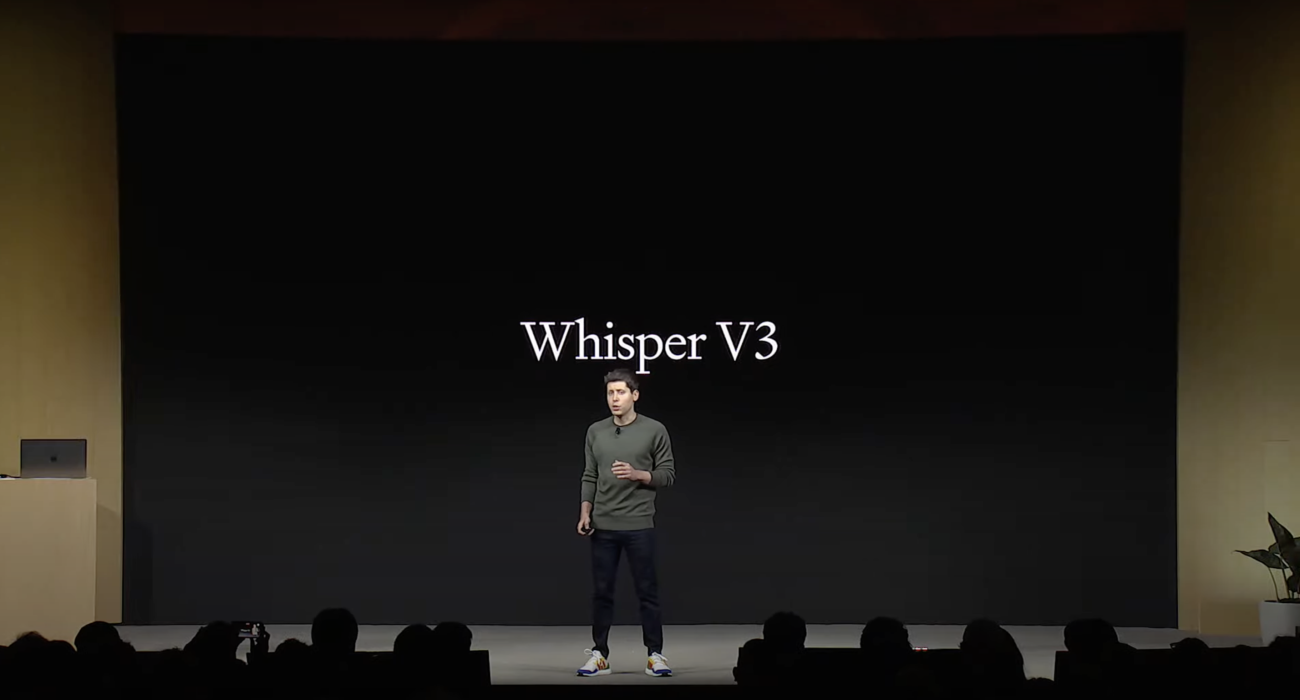
Last, but definitely not least, we now can also access the latest iteration of OpenAI’s open-source automatic speech recognition model, known as Whisper large-v3 with improved performance across various languages.
Copyright Shield for Customer Legal Protection
To address the ever-growing concerns around copyright infringement, OpenAI has introduced Copyright Shield. They are also ready to support and cover legal expenses for customers dealing with copyright infringement claims, including ChatGPT Enterprise and developer platform features.
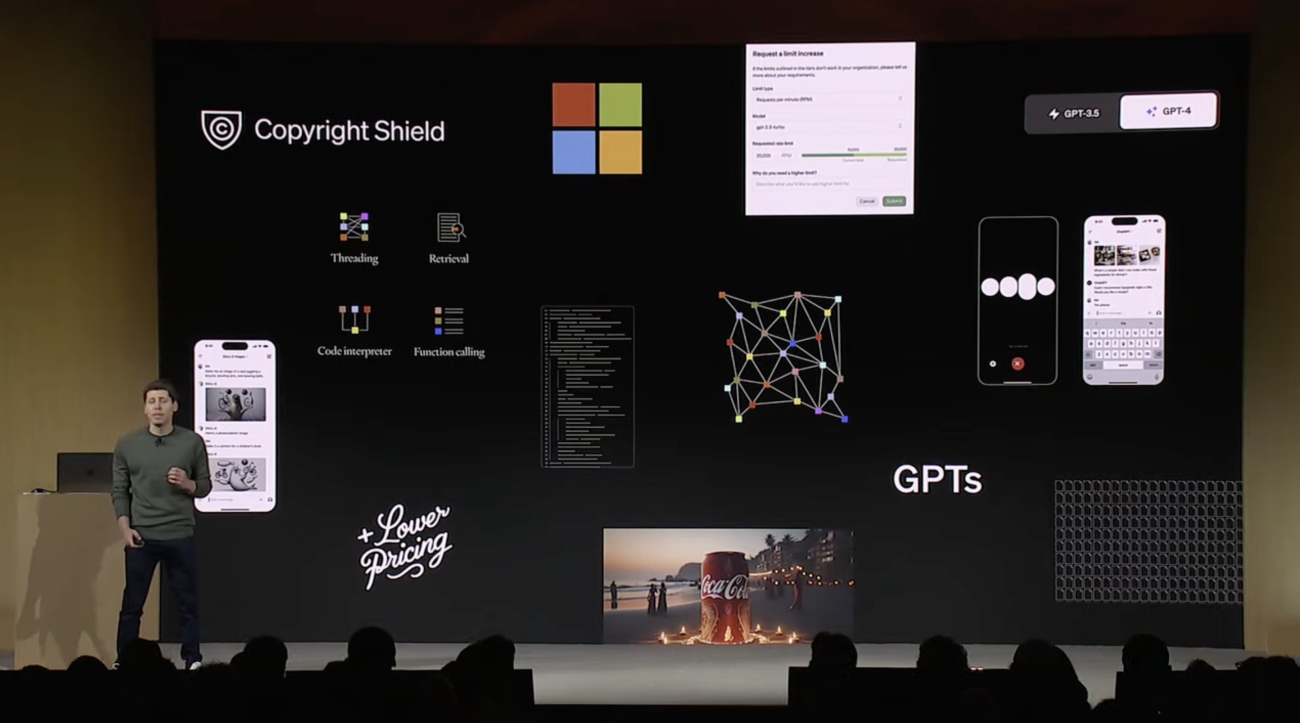
Although OpenAI hasn’t reached AGI yet, chief Sam Altman showed great excitement about teaming up with Microsoft, stressing their strong teamwork. Meanwhile, Microsoft’s Satya Nadella echoed similar sentiments, emphasising their goal to support people and organisations worldwide and the importance of AI that genuinely empowers.
Read more: OpenAI is the New Apple



